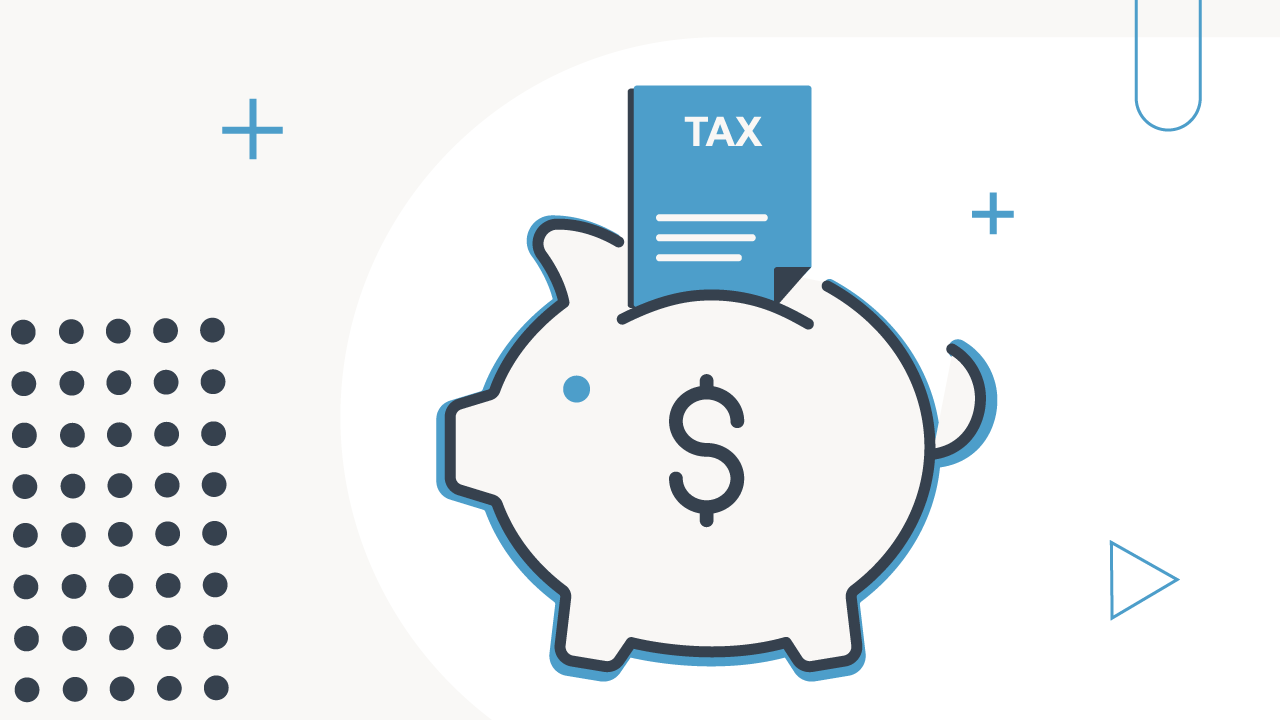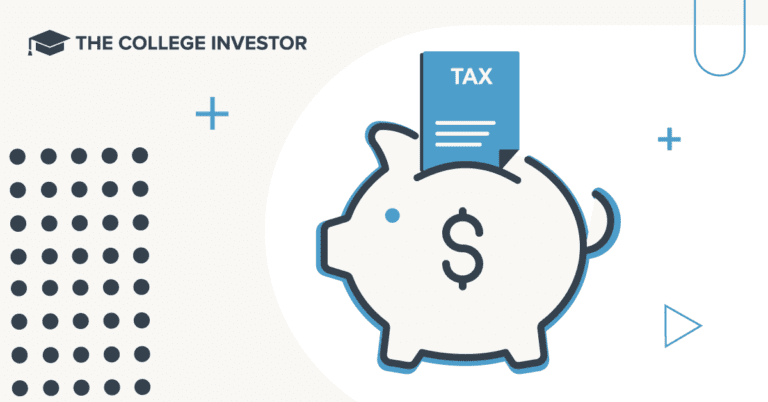
Looking for the best ways to save on your tax refunds? We’ve got seven ideas that can help you get rich with your tax refund.
The April 15 tax filing deadline may be causing dread for taxpayers everywhere, but the storm cloud comes with a silver lining (or dollar).
In 2022, nearly 100 million taxpayers received a refund, with the average refund is $3,039. That big payday could be the cash you need to set yourself up for financial stability and a growing net worth.
Here are the best ways to save on your tax refund.
Decide how much to save
Your tax refund may look like “free money,” but it’s not. You’ve earned that money through hard work all year, but it’s hard not to treat it like extra money.
Calculate how much of your tax return you will save and how much you will spend. Maybe you want to save 90% of your refund and spend the remaining 10%. You may decide to spend half and save half. Whatever you decide, commit to saving before you start spending.
Once you decide how much money to save, you need to decide how to save it. Generally speaking, saving your tax refund involves moving your money out of your bank account and into a different account. Our list can help you decide the best ways to save your refund.
Create a buffer in your checking account
If you frequently pay overdraft fees, then a buffer in your bank account could save you a lot of money and stress.
In general, a checking account is a terrible place to save money. It’s tempting to overspend when you have too much money in the account and can expect to earn a low rate of return on your cash. However, a small financial reserve in your bank account can give you enormous peace of mind.
When you have a buffer, you can put your bills on autopay and avoid all kinds of late fees and overdraft fees. Budgeting becomes much easier when you don’t have to worry about perfectly lining up payments with wages. If you regularly run your checking account close to $0, consider using your tax refund to build a small buffer in your checking account. Otherwise, skip this recommendation and consider one of the other options.
Boost your emergency savings
Most financial experts recommend prioritizing emergency savings over all other financial goals. Three to six months worth of savings can help you weather major financial storms, including job loss or other setbacks.
If you don’t have an emergency fund, open a new high-yield savings account at a bank that doesn’t have a primary checking account. Separating your savings into checking and emergency will ensure that you don’t accidentally spend your emergency savings on an emergency trip to Jamaica. Right now, the best savings accounts offer interest returns of more than 5% per year, so saving money is quite rewarding.
Check out our list of the best high-yield savings accounts.
Paying off high interest debt
Once you have a buffer in your bank account and emergency savings, it’s time to tackle your high-interest debt. Federal Reserve Economic Data (FRED) showed that the average credit card interest rate was over 22% in November 2023. Paying off credit card debt guarantees a huge return on your investment.
Not sure which debt to pay off first? We provide step-by-step instructions on which debt to tackle first.
Invest in a Roth IRA
With an emergency fund in place and high interest debt eliminated, you can move on to growing your wealth.
Investing involves putting your money at risk with the expectation that your money will grow over time. The first place to start investing is a Roth IRA. You can open a Roth account at most major brokerages. A Roth IRA is a retirement investment account. For 2024, you can contribute up to $7,000.
A Roth IRA is a tax-advantaged investment account. You’ve already paid taxes on the money you contribute to the account. The money you keep in the account becomes tax-free, and you won’t have to pay taxes when you take money out of the account during retirement.
If you contribute $3,000 today and earn 8% annually, your investment will grow to over $30,000 in 30 years. If you contribute $3,000 a year, you can expect to see over $370,000 in 30 years.
Remember, the value of investments can fluctuate and it is normal to see investment values fall and rise. If you’re investing for retirement, the best thing to do is invest your money and leave it alone.
Related: The Best Places to Open a Roth IRA
Save for your child’s education
Parents may want to consider investing in a 529 plan for their children. A 529 plan is an investment account where growth is not taxed as long as the money is used for educational expenses. Some states even offer tax credits or rebates for parents who use these accounts.
Although saving for your retirement is more important than paying for a child’s education, this type of saving can be rewarding. When you save money for educational expenses, your child can limit the burden of student loan debt. This knowledge can be motivating for parents, especially if you remember how hard you had to work to pay off your debt.
Start investing in real estate
When your retirement savings are on track, investing becomes even more fun. With a few thousand dollars, you can start investing in real estate. You won’t be able to buy a house with your tax return, but you can invest through real estate crowdfunding.
You could also save money and add to it over time. With a large enough cash stash, you’ll have the money for a down payment on a home. You could then rent the house, live in it, or do both. Home invasion involves living in one part of the house and renting out the rest. It is one of the best ways to safely enter the world of real estate investing.
Consider alternatives
Alternative investments are any investments that you cannot buy, sell or trade through traditional financial markets. Real estate is one type of alternative investment, but alternatives also include crypto, fine arts, land, precious metals, and more. You don’t have to invest in alternatives, but many investors like to learn about investing in this asset class and invest a portion of their portfolio in alternatives.
Many alternative investments are highly speculative. These investments can take years to pay off or break even. We recommend investing in alternatives only when you are meeting your financial goals and have money left over for riskier investments.
Final thoughts
Although this list suggests a number of ways to save money, you don’t have to follow these recommendations. Saving and investing money will help you increase your net worth over time. Your tax refund may be your biggest source of “extra” income this year. Anything you can do to save money will help increase your net worth over time.

